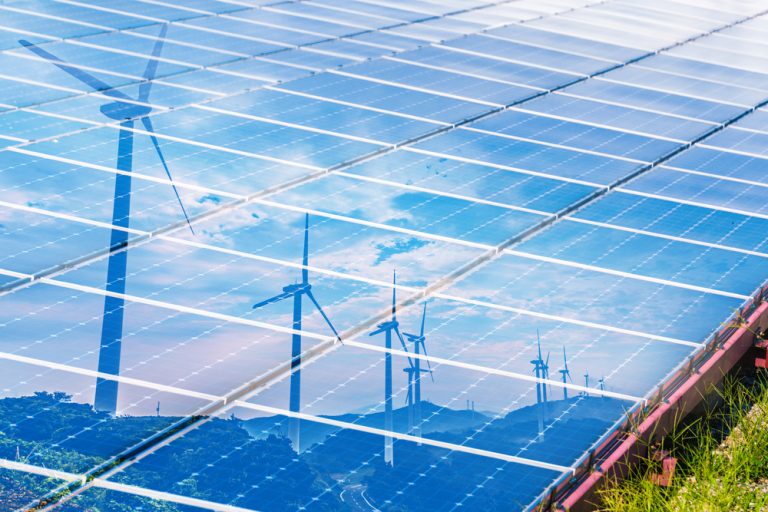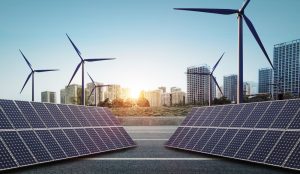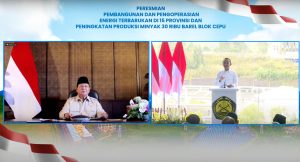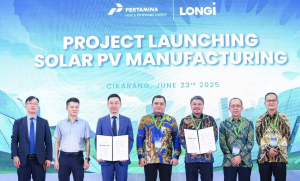Jakarta – Indonesia, known for its rich natural resources and rapid economic growth, is now facing a crucial juncture in its energy sector, a report shows.
Despite initiatives in low-carbon development investment and issuing regulations to accelerate the road to net-zero emissions, Indonesia faces significant hurdles in its energy transition journey. The rapid population growth and economic development have caused a surge in electricity demand, albeit slowed during the COVID-19 pandemic. To meet this increasing demand, energy consumption is projected to grow by 80% by 2030, with a tripling of electricity demand during the same period.
Renewable energy, while presenting opportunities for economic growth and job creation, cannot fully replace fossil fuels in the energy mix due to technical, economic, and political constraints. Challenges include unpredictable policies, a lack of inter-ministerial coordination, and the dominance of coal-driven energy surplus.
Aidy Halimanjaya, Director and Founder of the Dala Institute, highlights the multi-faceted principal-agent constraints faced by Indonesia, particularly in the management of the state-owned electricity company Perusahaan Listrik Negara (PLN). This complexity affects negotiations and compliance requirements, hindering the development of renewable energy projects.
To address these challenges, the Dala Institute conducted a Nexus Assessment study to explore integrating economic, environmental, and social aspects into the energy transition policy formulation process. The study identifies the need for greater consistency in energy transition strategies at the national, operator, and project implementation levels, emphasising the importance of environmental sustainability and social inclusion.
The study recommends several measures to advance the energy transition process in Indonesia. At the national policy level, the government should design a cohesive plan to integrate Nexus goals into the energy system development pipeline and replace conflicting regulations. Building institutional capacity is essential for identifying systemic problems and influencing policy reform.
At the operator level, power companies like PLN should collaborate with local communities and encourage community involvement in sustainable energy practices. Strengthening partnerships with local organisations and associations can facilitate renewable energy development in underserved regions.
To assess the progress and impact of renewable energy projects, robust monitoring and evaluation should be in place, prioritising environmental and social risk mitigation and adopting investor or lender safeguards. (nsh)













